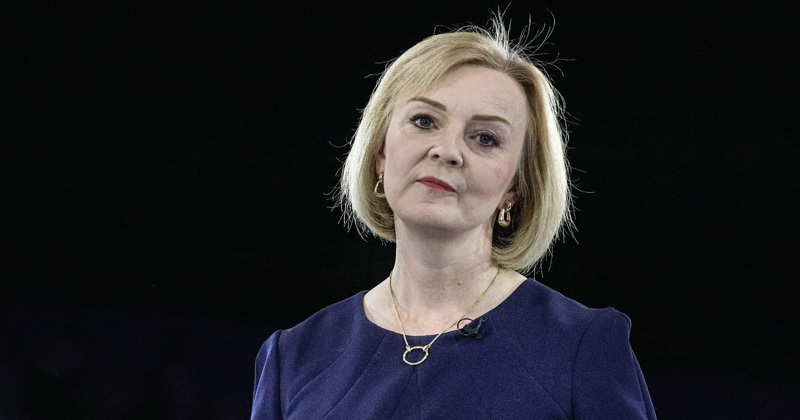“Guess the treasury’s feedback this time”, someone would shout across the DfE office. Knowing smirks would appear on officials’ faces. “The chief secretary wants more on wrap-around childcare. And she wants it yesterday.”
Many politicians have a core single priority. Large portions of speeches I wrote for Nick Gibb about school funding were replaced with paragraph after paragraph about phonics. Andrea Leadsom’s office never sent anything out that didn’t talk about the first 1,001 days of a child’s life.
When Liz Truss was chief secretary to the treasury, her core education idea was wrap-around childcare – breakfast and/or after-school activities allowing parents to work longer hours without paying for a childminder. In the new PM’s case, it also forms part of a wider view that more schools should open nurseries.
She has spoken about this for many years. In 2011, she wrote for Conservative Home about ‘a revolution in childcare’. She was rewarded in 2012 with a post as the junior minister responsible for it. In 2013, she said: “Inspired by examples like Durand Academy, I want far more schools to offer childcare and early-years education.” The Durand comment hasn’t quite stood the test of time, but almost a year later she went on to say: “School nurseries are an under-appreciated part of childcare… But the hours are sometimes inflexible. Most only do 9 to 3. That’s if parents are lucky. Just imagine if they did 8 to 6. It would revolutionise parents’ options.”
Meanwhile, the Labour party is talking about childcare more than it has for a long time, and you can see why. Politically, it means hammering the Conservatives on something that parents feel every day – that childcare is increasingly unaffordable. That’s why in July shadow education secretary, Bridget Phillipson said that Labour ‘would deliver extra investment into our early years, but also provide breakfast clubs and after-school activities for all children too’.
Wrap-around care was Truss’s core education idea
If both parties are keen on something, you can bet that at some not-too-distant point in the future schools are going to be asked to do something about it. But why hasn’t it already happened? And why did the Extended Schools Programme not last long-term? The reality is that it’s not actually that simple, for a number of reasons.
First, our school estate is pretty dire and getting worse. If your roof is leaking or you’re lacking in space, opening a nursery or extending your hours may not be at the top of your to-do list. And even if you have space, you need to staff it. Our recent report for EdSupport highlights just how poor work-life balance already is for many in the sector. Teachers, leaders and support staff already struggle to find the time to do the basics, and an early-years provision won’t run itself.
That’s before taking costs into consideration. Even without counting the extra energy costs of extended provision, setting these things up costs money, and even with parental contributions schools (especially in deprived neighborhoods) may struggle to break even. Is government committed enough to pay for this?
Then there’s the admin. Parents in focus groups consistently mention the lack of flexibility of their schools’ clubs, as schools crack down on parents trying to put their child in a club at 10 minutes notice because they’re running late from work. Managing this is a pain. To actually open a nursery is even more burdensome – and particularly on the safeguarding front. When schools are increasingly pulled into pastoral support and mental health provision post-pandemic, do leaders really have the time and space to prioritise extra-curricular activity?
Finally, much of this assumes parents actually want wrap-around care. Some undoubtedly do, but others are less convinced. Even those who do don’t necessarily want their children doing an activity they don’t love or eating breakfast food they don’t like. Unsurprisingly, we found that parents overwhelmingly want what’s best for their children!
So the new PM may want wrap-around care, and the opposition may be happy to push her on it. But unless the result is carefully implemented, the consequences won’t be just for the politician who failed to deliver it.














Your thoughts